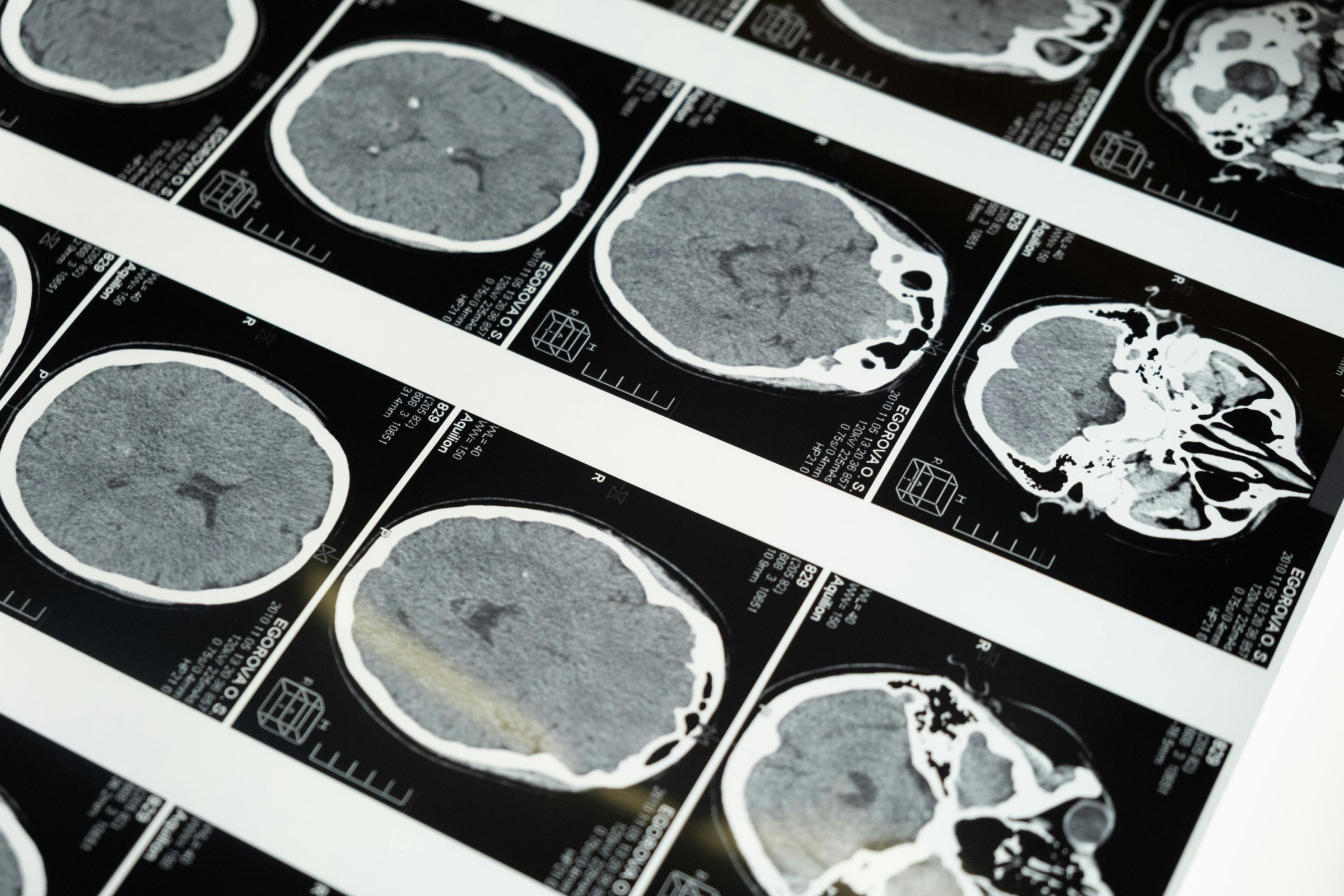
Two Experts Weigh In On Energy and Brain Health
Most of us are aware there are steps we can take to support the health of our hearts, teeth, eyes, and other vital organs. But when it comes to our brains, we’re often stumped.
Here’s a clue: Experts say that providing the brain with more energy increases its resilience. Now two of these experts are explaining why energy is so essential, and how to boost your brain’s energy supply.
The relationship between cellular energy and Alzheimer’s disease
“Many believe that Alzheimer’s disease is an energy-deficiency disease,” comments Rudolph Tanzi, PhD, vice-chair of Neurology and director of the Genetics and Aging Research Unit at Massachusetts General Hospital. “When women go through menopause, the energy levels in their brain go down. Many experts think this is why two-thirds of Alzheimer’s disease patients are women.”
Dr. Tanzi co-discovered three of the first Alzheimer’s disease genes and has identified several others in the Alzheimer’s Genome Project, which he directs. He adds, “We know that if you can increase the cell’s energy, you can help it resist the tangles associated with Alzheimer’s disease which cause inflammation and eventually cell death.”
How the NAD molecule supports cellular energy production
Cellular energy doesn’t give you the immediate surge you may get with caffeine. It’s more like the steady background energy a smartphone uses to execute its many functions. Every cell in our body uses NAD to produce adenosine triphosphate (ATP), the molecular energy resource your body uses to do absolutely everything in life.
“As we age, our NAD levels decline. We need to encourage our bodies to make more NAD if we want to keep producing ATP and resisting cellular stress,” explains Charles Brenner, PhD, the Roy J. Carver Chair and Head of Biochemistry at the University of Iowa and Founding Co-Director of the University of Iowa Obesity Research and Education Initiative. “Many studies, including those in people, have shown that supplementing with a specialized form of vitamin B3 called NR efficiently boosts NAD production.” Brenner not only discovered NR, but also identified the genes that account for how NR becomes NAD in people [1].
Boosting NAD to support brain health
Will supplementing with NR improve how well our brains navigate the aging process? Research testing NR in animal models of Alzheimer’s disease has shown promising results for NR’s ability to improve cognitive function [2-5]. Multiple registered clinical trials are now measuring the effects of NR on cognition-related endpoints. Researchers hypothesize that if we can use NR to boost the NAD in our cells, then perhaps our cells—including those in our brain—may stay healthier and more resilient.
References
Bieganowski P., Brenner C. Discoveries of nicotinamide riboside as a nutrient and conserved NRK genes establish a Preiss-Handler independent route to NAD+ in fungi and humans. Cell. 2004; 117(4): p. 495-502.
Gong, B., et al., Nicotinamide riboside restores cognition through an upregulation of proliferator-activated receptor-gamma coactivator 1alpha regulated beta-secretase 1 degradation and mitochondrial gene expression in Alzheimer's mouse models. Neurobiol Aging, 2013. 34(6): p. 1581-8.
Sorrentino, V., et al., Enhancing mitochondrial proteostasis reduces amyloid-beta proteotoxicity. Nature, 2017. 552(7684): p. 187-193.
Hou, Y., et al., NAD(+) supplementation normalizes key Alzheimer's features and DNA damage responses in a new AD mouse model with introduced DNA repair deficiency. Proc Natl Acad Sci U S A, 2018.
Xie, X., et al., Nicotinamide ribose ameliorates cognitive impairment of aged and Alzheimer's disease model mice. Metab Brain Dis, 2018.